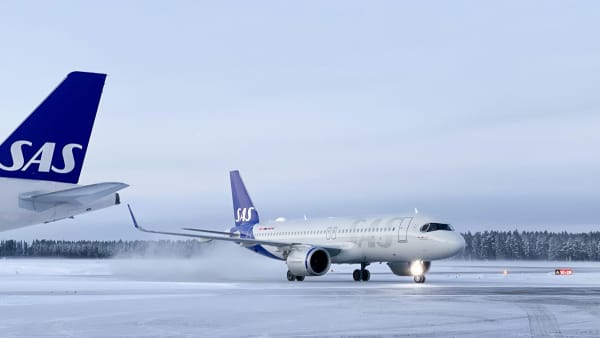Tips for Aspiring Aircraft Mechanics: Breaking Into the Industry
If you're looking to grow your career in aviation and have a keen interest in becoming an aircraft mechanic, you're in the right place. This is not a career for the half-hearted. It involves extreme precision, a massive amount of knowledge, and a hefty dose of responsibility. But if you're up for the challenge, you have the potential to fly high (literally and figuratively)! Below, you'll find some essential tips for aspiring aircraft mechanics - advice designed to help you break into the industry and set your career trajectory upwards.
1. Understand What The Role Entails
Before embarking on any career, you need to fully understand what the job entails. As an aircraft mechanic, your primary duties would include
- Inspecting aircraft for any issues or potential problems
- Testing parts and systems to ensure they're working properly
- Reading diagrams and manuals to fix complex machinery
- Conducting routine pre- and post-flight inspections
- Documenting inspection and repair information
This is a physically demanding job that often requires working in confined spaces and odd hours, considering the critical nature of keeping aircraft in top shape around the clock.
2. Pursue Relevant Education & Training
Obtaining the right education is a significant step towards becoming an aircraft mechanic. While a high school diploma or its equivalent is necessary, employers usually prefer those who've completed a program at a Federal Aviation Administration (FAA) approved Aviation Maintenance Technician School.
This usually involves 18 to 24 months of study, leading to a certification in airframe, powerplant, or both (A&P certification). For those who prefer to skip the formal schooling, gaining 18 to 30 months of practical experience with either powerplants or airframes, or 30 months of working on both at the same time, also qualifies you to take the certification.
3. Gain Experience
As with many industries, the more experience you gain, the more proficient you'll become. There are two main paths.
- You can get your foot in the door through an apprenticeship, spending time under the wing of a seasoned aircraft mechanic.
- Alternatively, you may wish to climb the proverbial ladder in a structured environment, in which case, finding a position as a junior mechanic or a similar entry-level role in a airline or a MRO (Maintenance, Repair, and Overhaul) company might be the trick.
You'll often start working with simple tasks and gradually move up to working with complex systems. Real-world experience complements the theory you've learned, and as you clock in more hours and complexity, you'll find yourself becoming more confident and proficient.
4. Improve Problem-Solving Skills
Aircraft mechanics need to be excellent problem solvers, capable of diagnosing and fixing issues efficiently. Improving these skills is paramount; after all, lives can often depend on solving complex, sudden issues with an aircraft. Hone your analytical ability, focus on being detail-oriented, and improve your ability to troubleshoot both under pressure and with a cool head.
5. Learn About the Industry
Staying ahead of the industry's curve, especially when it comes to technology, is key. With advancements like electric propulsion, AI, and drone technology, the industry is continuously evolving. Keeping your knowledge base current and applicable will make you more valuable to any potential employer.
6. Get Certifications
FAA certifications demonstrate to employers that you have received the training and experience necessary to do the job safely and competently. It shows your readiness to work without direct supervision, and having it could make you a more attractive job candidate.
7. Network
Join aviation-focused professional organizations and online communities. Attend aviation conferences, trade shows, and job fairs. Networking can lead to opportunities you might not find otherwise and can open doors within the industry.
8. Make Safety Your Top Priority
Due to the inherent risks associated with handling aircraft, a strong commitment to safe work practices is a must. Always follow safety protocols and standards, and encourage others to do the same.
9. Keep Growing
Consider earning a bachelor or master’s degree in aircraft maintenance or aviation management. Advanced degrees may offer you opportunities to move into supervisory roles or even transition into other aviation careers.
Becoming an aircraft mechanic can be a challenging journey but also one that can make your career aspirations soar. Being thorough and detail-oriented, developing problem-solving skills, gaining relevant certifications, and always remaining up-to-date with the latest trends and technologies will not only make you a desirable candidate but will help secure your place in this exciting industry. Remember, being an aircraft mechanic is not merely about fixing machines. It is about ensuring safety in the skies, one repair at a time.




